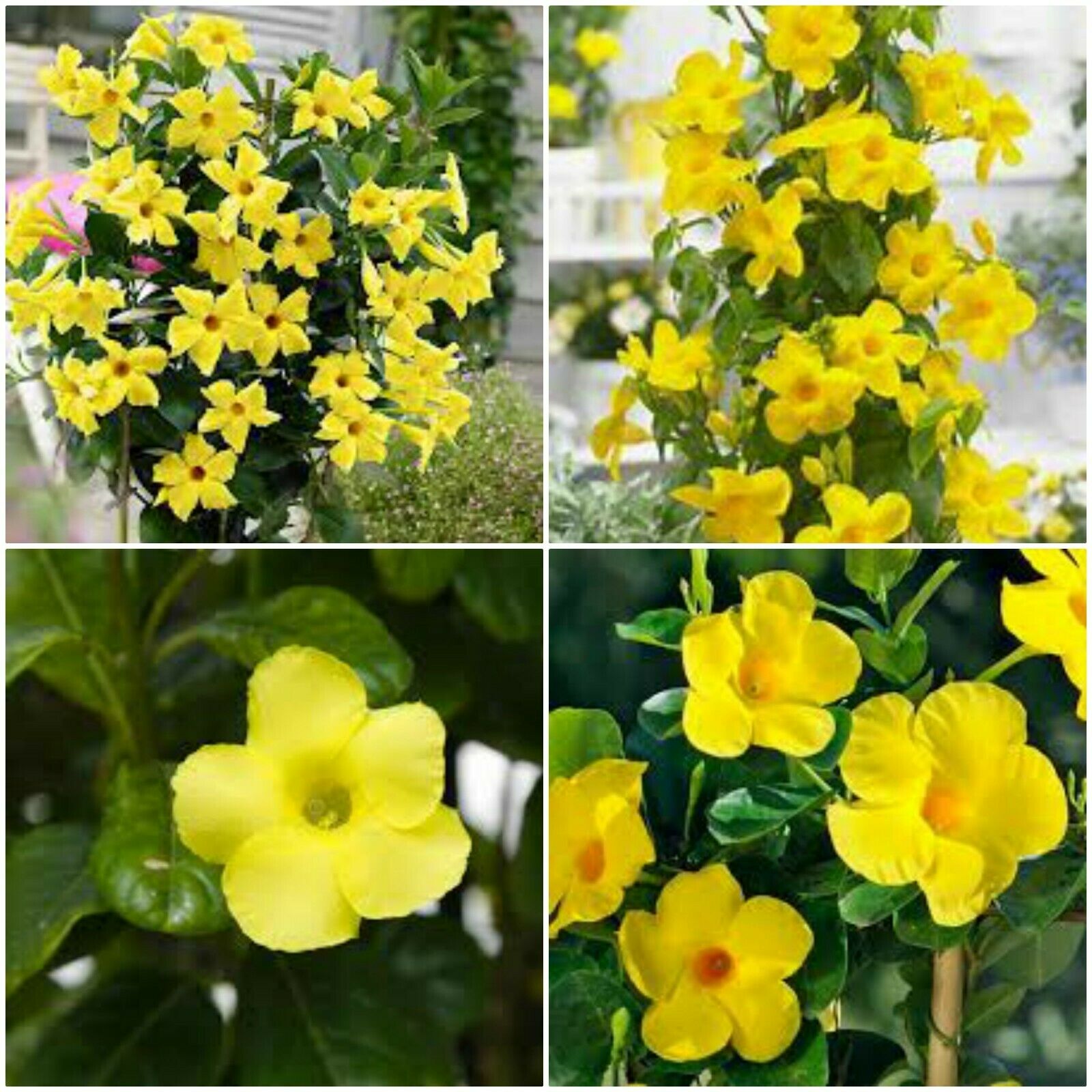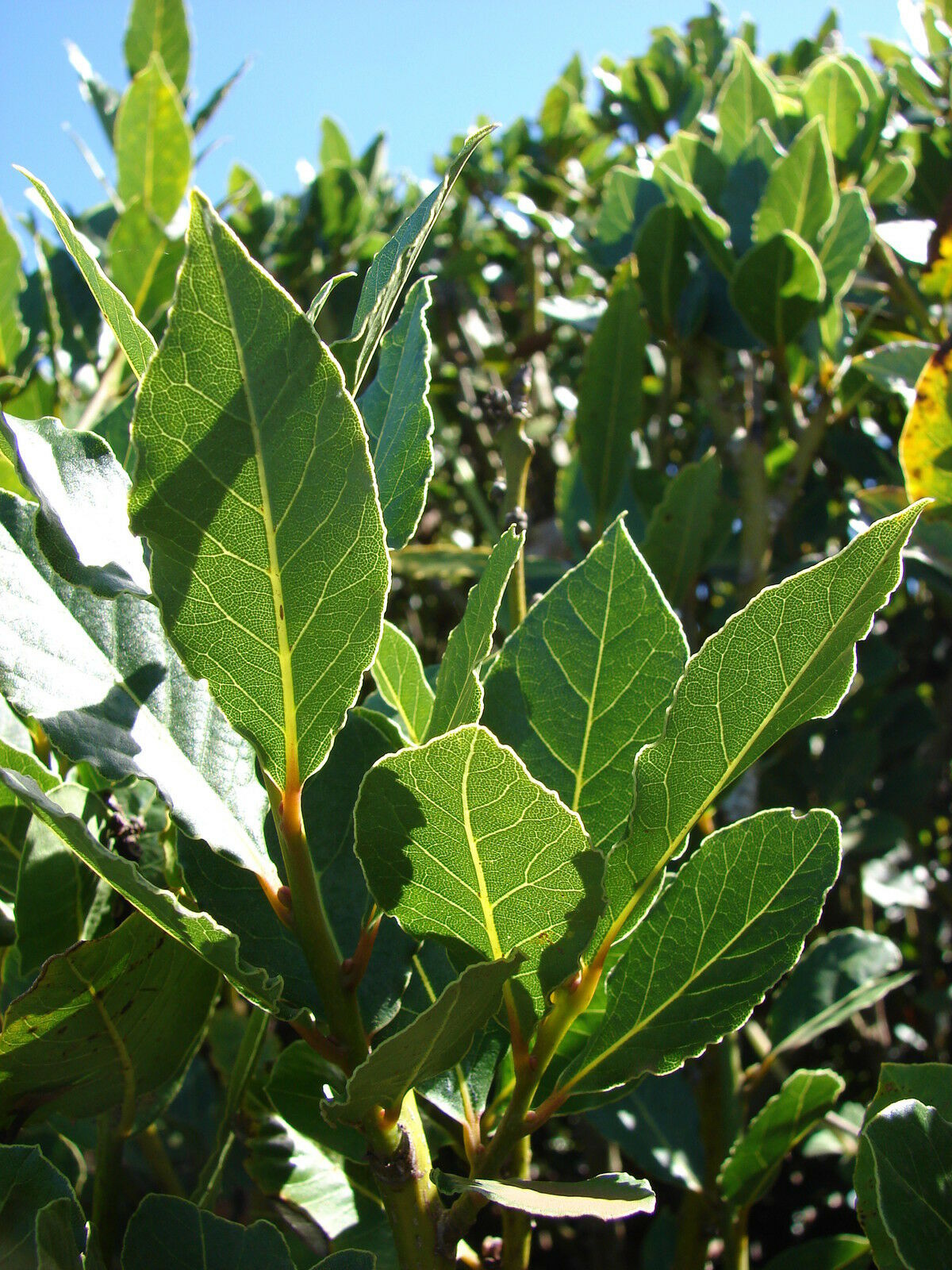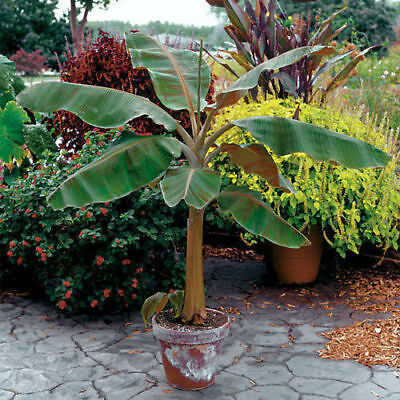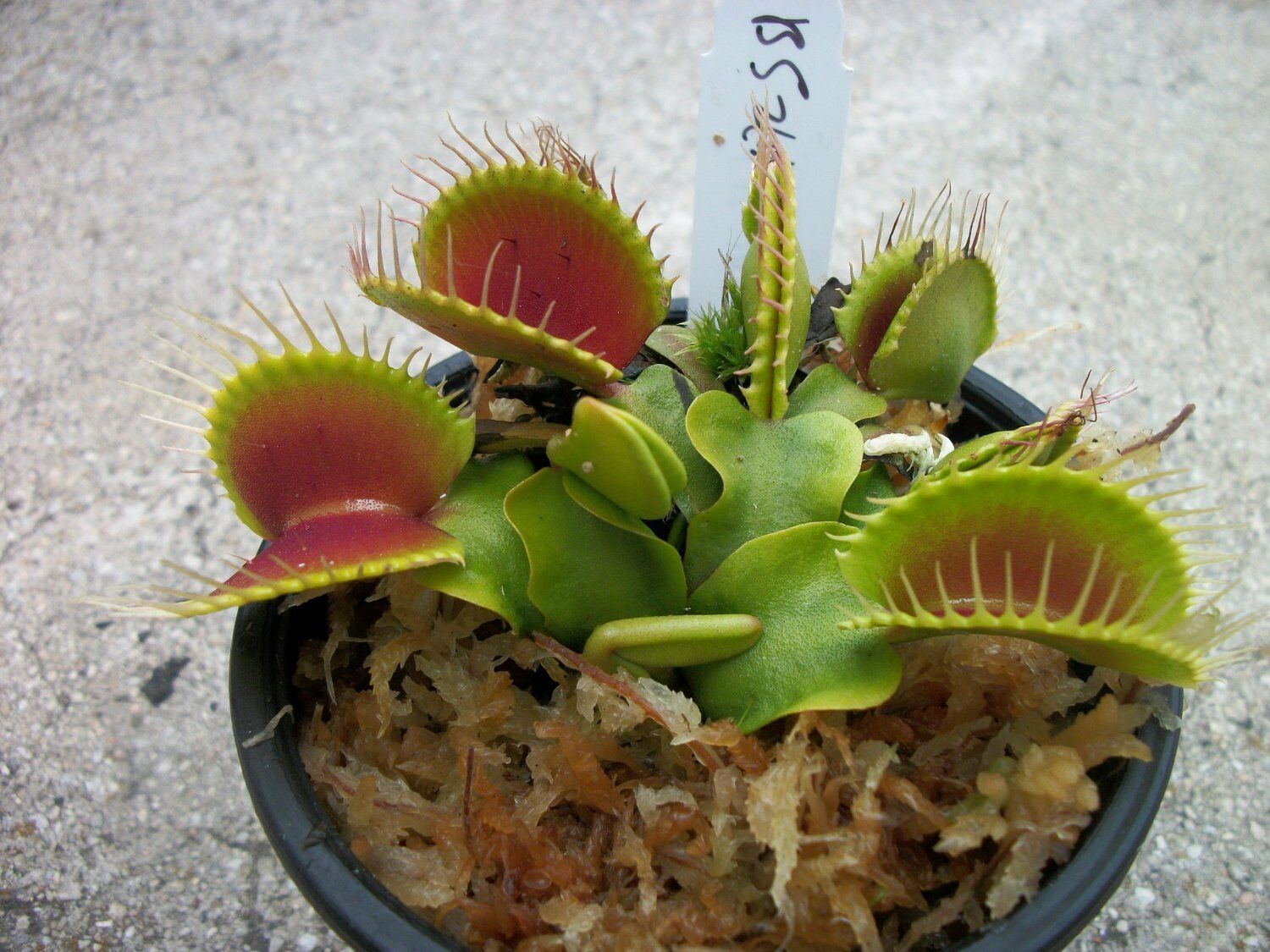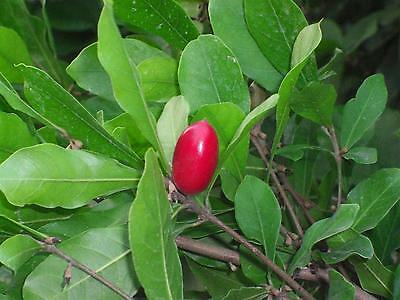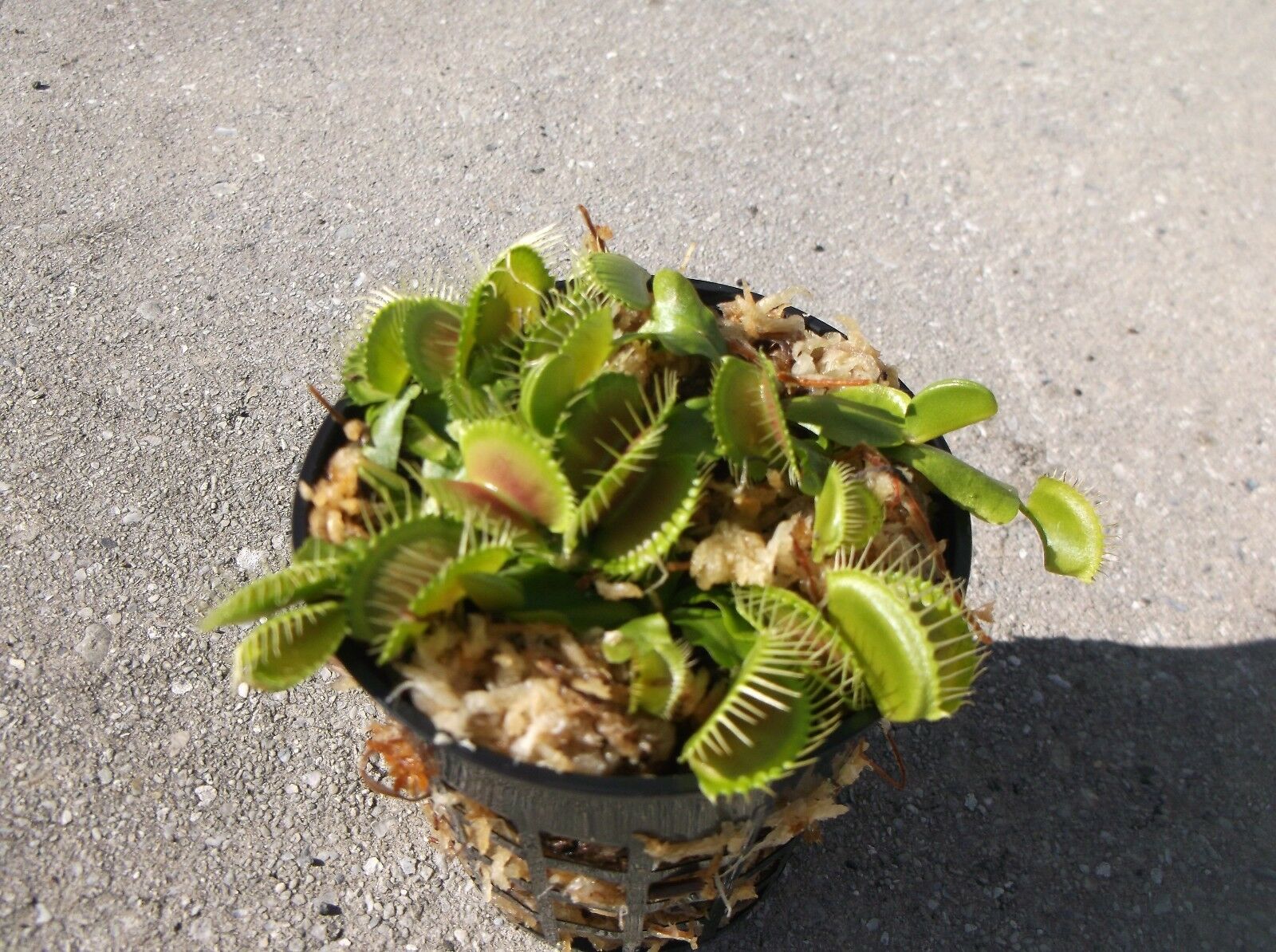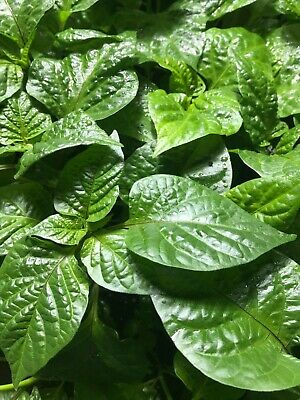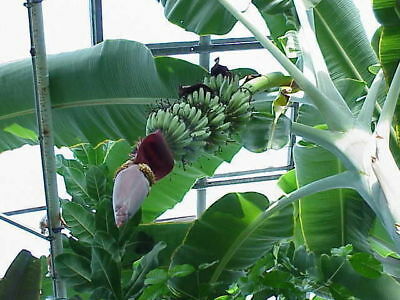-40%
YELLOW Mandevilla ~ Dipladenia ~ Vine Live Plant 5 To 7 inches tall or more ~
$ 3.16
- Description
- Size Guide
Description
WELCOME TO ANNIESTORE2010YELLOW DIPLADENIA ~ MANDEVILLA
BEAUTIFUL TROPICAL PLANTS FROM HOMESTEAD, FLORIDA.
PLANTS ARE 5 TO 7 INCHES TALL OR MORE
SORRY ABOUT SHIPPING CHARGES BUT USPS IS GETTING TO EXPENSIVE.
WE COMBINE SHIPPING !!! CUSTOMER SATISFACTION IS VERY IMPORTANT TO ME. DON'T HESITATE TO CONTACT ME IS YOU HAVE ANY PROBLEM WITH YOUR ORDER, WE CAN WORK TOGETHER IF YOU ARE HAPPY WITH YOUR PURCHASE, PLEASE LEAVE ME A POSITIVE FEEDBACK. YOUR FEEDBACK IS VERY IMPORTANT TO ME. I WILL LEAVE YOU A POSITIVE FEEDBACK AS SOON AS I RECEIVE YOUR FEEDBACK THANK YOU FOR VISITING MY STORE CHECK MY OTHER LISTINGS FOR MORE BARGAINS PLEASE CONTACT ME FIRST IF YOU ANY PROBLEM WITH THE ITEM.
Conditional Warranty: Warranty is limited to guaranteeing plants will arrive safely and in good and healthy condition, and is conditioned on Seller receiving prompt notice (within 24 hours of delivery) of any problem with the condition accompanied by photo validation. No other additional, extended or long term Warranty is expressed or implied.
Description
Dipladenia is actually a member of the mandevilla family. It is widely thought that mandevilla and dipladenia are the same plant, but while similar, dipladenia foliage is somewhat smaller and the plant is more shrub-like. However, both plants have the same care and growth requirements and are very similar. These gorgeous, vining plants have soared in popularity and can be used in mixed containers, hanging baskets, or in their own in a container. They are easy to grow and should flower all season long.
Growing Requirements for Potted Dipladenia and MandevillaSun Requirements
These plants will flower best in full sun but will tolerate part shade. One of the perks of planting in containers is the movability of your plants. If you live in a really hot area, try moving your plant to a shady spot in the mid-day.
Drainage and Watering
Unlike many flowering plants, dipladenia or mandevilla will tolerate some dryness and continue to flower. That said, they prefer a consistent level of moisture and you should try to keep the soil damp, not wet. When watering, make sure to water slowly to give the soil time to soak up the moisture. When using a hose, spray the leaves too. Also, make sure that your pot has good drainage and that you use a good quality potting mix.
Pot Size
For a consistent production of flowers, don't transplant your dipladenia into too large a container. If you do, it won't hurt your plant, but it will spend more energy producing roots and top growth than flowers, so you may see fewer flowers until the roots have hit the bottom of the pot. If your plant is root bound and does need a bigger pot, look for one that is wider, but not much deeper.
Fertilizer
Most plants you buy at the nursery have a slow release fertilizer already in the soil, so you probably don't have to worry about feeding your plant for the first few months. After that, you will need to fertilize it regularly. You can either use a diluted, plant food every other week or add a slow release fertilizer to your soil. Always follow directions on the package.
Overwintering Dipladenia
If you live in a cold climate (anything lower than zones nine through 11), it is possible to overwinter dipladenia indoors. Take your plant in before evening temperatures dip below 50 F. and put it in a place with as much direct sun as you can, though it may even survive if you can provide lots of indirect light. Dipladenia doesn't like the cold so protect it from drafts. Don't be alarmed if your plant doesn't flower or sheds some leaves in the winter. In the fall, you may see long shoots or sprouts, which you can trim back lightly or train onto a trellis or support. Stop feeding through the winter. Though plants generally need less water in the winter, central heating can dry the air and your plant very quickly. Keep your plant on the dry side during the cold months, but make sure it doesn't dry out too much. In the spring, increase watering and resume fertilizing. Don't cut the plant back, or you will miss out on next seasons flowers. You can put your plant outside once the nighttime temperatures are consistently above 50 F.
Pests and Diseases
In terms of pests and plant diseases, spider mites, mealy bugs, fulsarium, and cercospora are the most common problems you may run into.
Planting Suggestions
Mandevilla and dipladenia look great on their own in a pot or as the centerpiece of a mixed container. I like to grow them in a large pot and have them climb up a trellis or obelisk. I also like to surround them with a contrasting annual or foliage plant. I have also planted them in pots with oregano and coleus.
THANK YOU AND VISIT MY STORE FOR MORE BARGAIN
